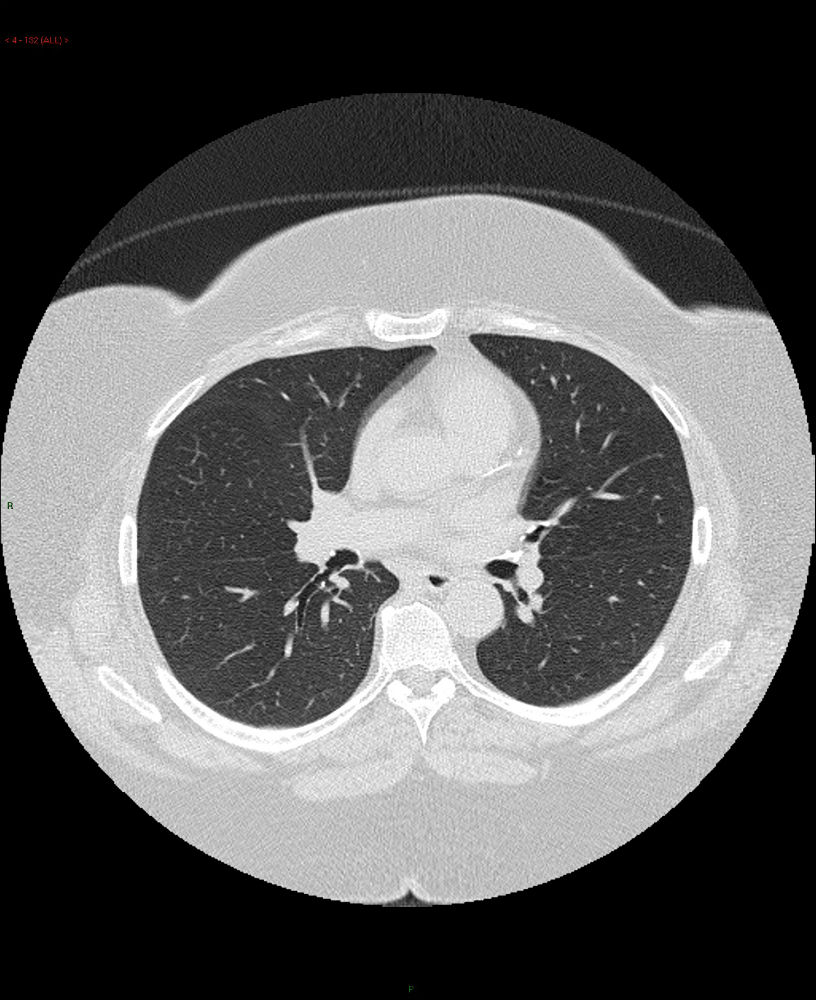Researchers have aimed to turn a database of clinical images into a powerful research tool to help send warnings about a potential developing disease.
The £4.4 million project is hoping to use the help of Artificial Intelligence to search for warning signs about the development of certain diseases from the images.
The pictures project led by the University of Dundee will use around 30 million clinical images from X-rays, CT, MRI, Ultrasound and other form of scans generated by the NHS in Scotland.
This will allow doctors in the future to make use of this information in routine care, greatly enhancing the clinical utility of routine scans.

The University of Dundee is working in conjunction with the University of Edinburgh, Abertay University and NHS Scotland.
It aims to turn a database of millions of clinical images into a powerful research tool to help tackle health conditions including lung cancer and dementia.
Each year millions of clinical images from X-rays, CT, nuclear medicine, retinal scans and more are being stored in the national imaging database.
While such images contain important clinical information they also contain a great deal of potential information about the health of the individual which is currently not made use of in health care.
The project has been funded by the Medical Research Council (MRC), Engineering and Physical Sciences Research Council (ESPRC) and industry partners to develop the technology that will unlock the huge additional potential of these images.
Dr Emily Jefferson, Director of the Health Informatics Centre at Dundee, said, “Clinical images are now core diagnostic technologies. These images can support many important areas of research to improve any or all diagnosis, monitoring of disease progression and response to treatment.
“Access to the vast bank of ‘real world’ images can offer a huge boost to research into major diseases and conditions, and that is what we are looking to develop through the Pictures study, initially using lung cancer and dementia as exemplar projects.”
The project has three main elements with the core project researching and developing the underlying technologies, allowing researchers to work on vast amounts of data in a secure environment and protect individual patient information.

This technology will support two medical exemplar projects, which will prove and showcase the capabilities of the research database.
The first project will develop a method to detect warning signs of coronary artery disease and lung cancer using AI to check patients’ CT chest scans.
The project will work in partnership with international experts from an industry partner, Aidence, to convert the research into a clinical tool which can be used to support doctors on the front line in the NHS.
The second project will use AI methods to predict individual patient risk of future dementia using MRI brain scans, genetic data and medical records.
The predictive tool will be validated on the large image dataset provided by the core programme.
Professor Edwin Van Beek of the University of Edinburgh said, “It is very exciting to be able to develop AI tools to enhance the diagnostic potential of CT scans in the chest and MRI scans of the brain, which currently don’t routinely assess cardiac or dementia risk in these patients.
“By having these tools provide information to clinicians, earlier treatment and management changes will improve health outcomes in the future.”

